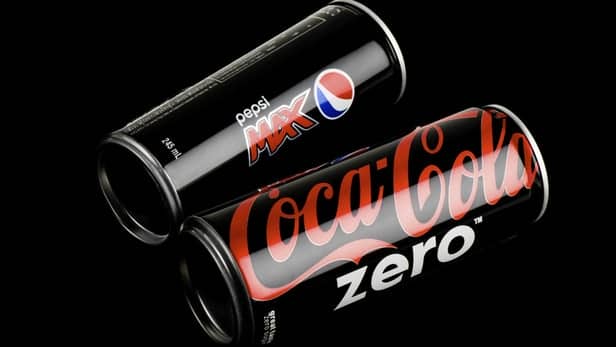

Nonnutritive sweeteners and cardiometabolic health: a systematic review and meta-analysis of randomized controlled trials and prospective cohort studies. Drug Administration: saccharin (SweetN Low), aspartame (Equal). Azad MB, Abou-Setta AM, Chauhan BF, et al. A rtificial and low-calorie sweeteners do not appear to help people lose weight and in some studies are linked with weigh gain, diabetes. The new 2017 meta-analysis study that came out showing artificial sweeteners lead to weight gain used observational studies that showed the routine intake of artificial sweeteners led to weight gain, although, these associations have not been confirmed in experimental studies and may be influenced by publication bias. While observational studies can tell us whether or not artificial sweeteners and weight gain tend to occur together (i.e.

Nevertheless, controversies exist whether artificial sweeteners affect appetite, hunger, and eating behavior, and if these effects are beneficial or not. When we look at observational studies, we find that people who use artificial sweeteners tend to gain weight (Azad et al., 2017 Miller & Perez, 2014). Reshaping the gut microbiota: Impact of low calorie sweeteners and the link to insulin resistance? Physiol Behav. As artificial sweeteners contain no or low amounts of calories, one might expect that these sweeteners may contribute to lower energy intake and thus body weight reduction. Artificial sweeteners produce the counterintuitive effect of inducing metabolic derangements. Artificial sweeteners appear to change the host microbiome, lead to decreased satiety, and alter glucose homeostasis, and are associated with increased caloric consumption and weight gain. in beverages and weight gain however, conclusive data are still lacking 22. The consumption of artificial sweeteners, including aspartame, sucralose, and stevia, however, has been associated with both weight gain and incident obesity. Existing evidence, from both randomized controlled trials and observational studies, is conflicting.The objective of the meta-analysis summarized in the short slide show above was to determine whether "routine consumption of nonnutritive sweeteners by adults and adolescents associated with adverse long-term cardiometabolic effects in RCTs and prospective cohort studies." References:ġ. Recent findings: Although artificial sweeteners were developed as a sugar substitute to help reduce insulin resistance and obesity, data in both animal models and humans suggest that the effects of artificial sweeteners may contribute to metabolic syndrome and the obesity epidemic. Recent intake assessments have shown that intake of artificial sweeteners. The Academy of Nutrition and Dietetics' current position on nonnutritive sweeteners is that they may help limit inatke of energy in an effort to manage weight or blood glucose.


 0 kommentar(er)
0 kommentar(er)
